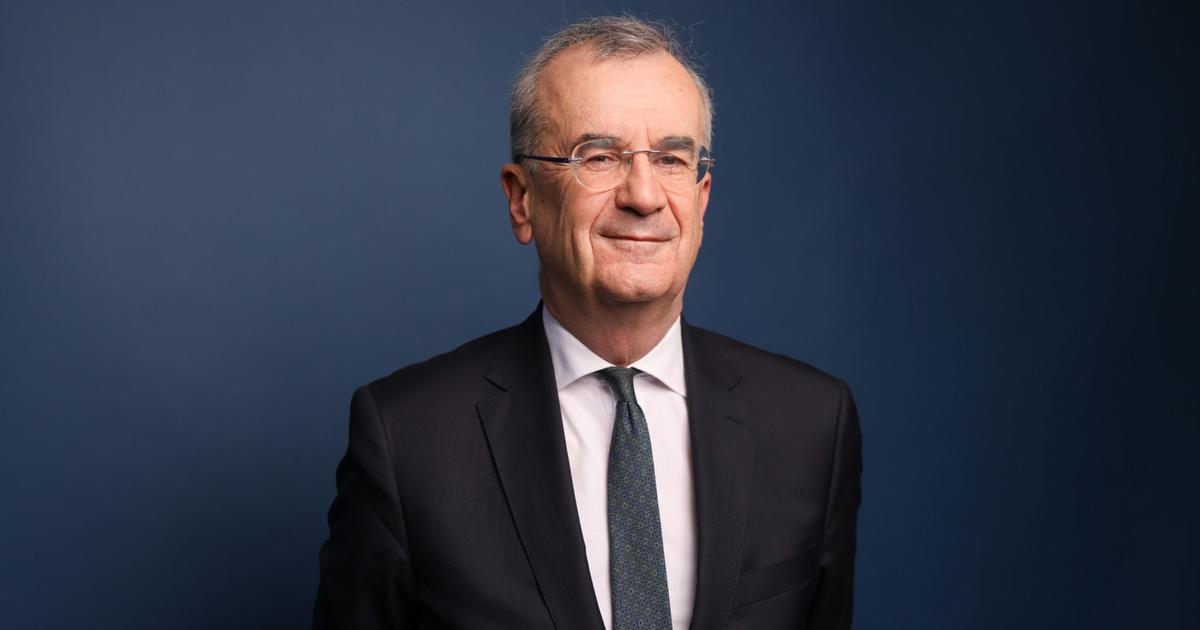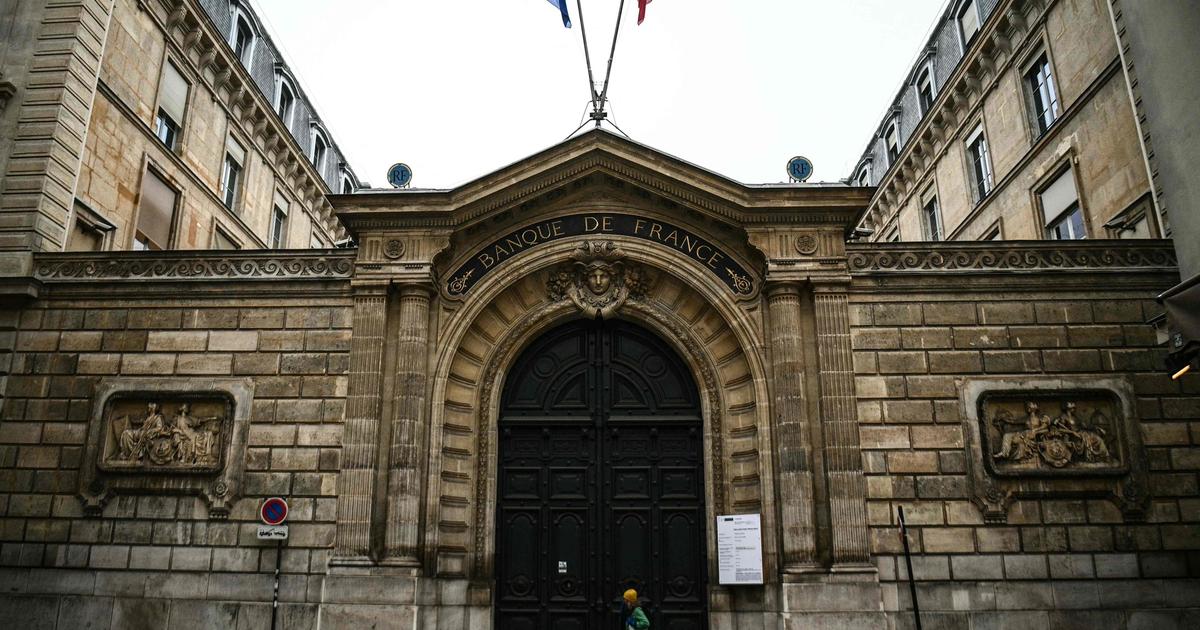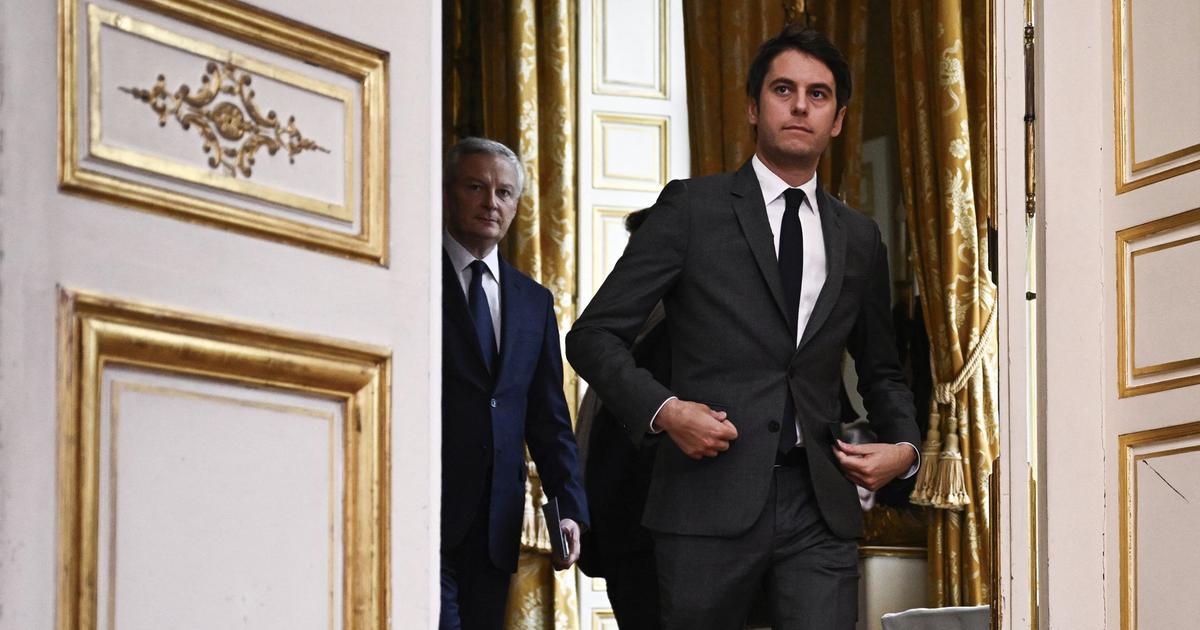A nurse vaccinates a man in Ahmedabad, India, on March 26.AMIT DAVE / Reuters
A powerful recovery seriously threatened by inequality.
Kristalina Georgieva, managing director of the International Monetary Fund (IMF), highlighted on Tuesday the double challenge facing the world economy on the starting line of the pandemic: the signs of improvement are evident and firm, but the unequal access of many countries to vaccines will delay the closing of a crisis that, without the synchronized effort of the main economies - which together have injected 16 trillion dollars of liquidity - would have been “three times worse”.
In her speech leading up to the Fund's spring meeting next week, Georgieva stressed: "We are at a turning point, what we do now will shape the post-pandemic world."
“In January we project global growth of 5.5% for 2021. Now we expect it to accelerate further, partly because of public policies such as the US fiscal package [a $ 1.9 trillion rescue plan], partly for the recovery that will have driven vaccination in many advanced economies at the end of the year, "said the head of the IMF.
"This allows an upward revision of our forecasts for this year and for 2022, as we will announce next week."
The strengthening of the banking system over the last decade, following the 2008 financial crisis, has helped advanced economies to stay on their feet and accelerated their recovery, according to Georgieva.
But the picture varies not only by country, but even between regions and areas.
“What we see is a full-speed recovery, increasingly driven by two engines: the US and China.
They are part of a group of countries whose GDP will be above pre-crisis levels by the end of the year.
But they are the exception, not the rule ”, he warned.
The World Bank believes that the Latin American economy will return to pre-crisis levels by the end of 2022
On the other side of the scale, the loss of income for many millions of people will mean homelessness, homelessness and hunger.
“The cumulative loss in per capita income, relative to pre-crisis projections, will be 11% in advanced economies for next year.
For emerging and developing countries, excluding China, the loss will reach 20%, cutting a fifth of their income, "he warned.
The uncertainty surrounding the uneven vaccination process or the proliferation of new strains of the virus, as in Latin America or Europe, adds to the gloomy forecast that looms over “vulnerable, low-income emerging markets, and fragile states, many of them dependent on sectors such as tourism, very affected by the pandemic.
These countries have a much more limited fiscal firepower to fight the crisis ”.
All of them also experience unequal access to vaccines and less fiscal room for maneuver.
On inflation, the most concrete threat to the good omens, Georgieva hopes that it will remain under control, “but a faster recovery in the US could lead to a rapid increase in interest rates, and consequently a strong tightening of interest rates. financial conditions, as well as important capital outflows from emerging countries and developing economies ”.
This would particularly affect middle-income countries with large financing needs and high levels of indebtedness.
"Many of those countries will need more support" in the post-pandemic phase.
Georgieva urged to reinforce aid to the groups most affected by the coronavirus crisis: young people, people with less training, women or informal workers.
"Allowing the scars to persist will result in lower growth potential, making it even more difficult to increase employment and reduce inequality."
For economic recovery to put on automatic pilot, determined interventions will be necessary against the new factor of global inequality: access to vaccination.
"The world needs a fair mechanism to redistribute serum from surplus to deficit countries, as well as to fully fund [the global network] Covax to accelerate immunization in poor countries."
"Accelerating the end of the crisis could add almost nine trillion dollars to global GDP by 2025," concluded Georgieva, who began her speech with a quote from President Franklin D. Roosevelt, the benchmark political model - also from the shock plan. By President Joe Biden - During Recessions: "The moment in history we find ourselves in is full of promise and danger."

/cloudfront-eu-central-1.images.arcpublishing.com/prisa/7YGSRSQFTXLAKHGVAKALWYK5FU.jpg)







/cloudfront-eu-central-1.images.arcpublishing.com/prisa/V7VWQYKVFVAJDPG3TQOP75Y74M.jpg)





